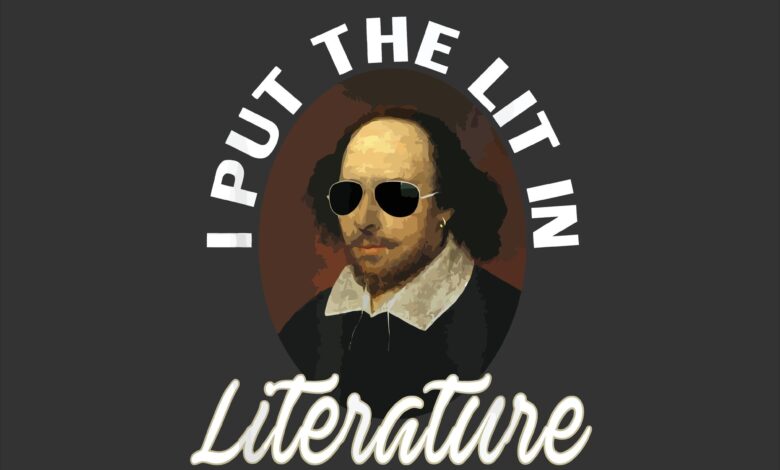
Shakespearean insults can be a great way to engage students in English. © Frank, Adobe Stock
<h2>It is well known that Shakespeare’s plays are full of words and phrases the playwright created, many hundreds of which are still in use today.</h2>
<p>Expressions such as ‘love is blind’, being ‘in a pickle’, ‘green-eyed monster’ and ‘to break the ice’ are phrases the Bard wrote for plays almost 450 years ago that we commonly use today.</p>
<p>However, there are some less common – and more colourful – words that are worthy of being brought back to Australian classrooms and literature – and what better way to meet <a href="https://australiancurriculum.edu.au/f-10-curriculum/english/" target="_blank" rel="noopener">the English curriculum</a> than with a little Shakespeare? </p>
<p><a href="https://www.schoolnews.co.nz/latest-print-issue/" target="_blank" rel="noopener"><strong>Read the latest print edition of <em>School News</em> HERE</strong></a></p>
<p>We’ve compiled a whole heap to inspire your lesson plans today….</p>
<p>Some activity ideas: In small groups, challenge students to come up with the most grammatically correct insults possible using Shakespearean turns of phrase. As part of a creative writing exercise, ask students to choose one as a prompt and then write a poem or short story. Develop their research skills by assigning them a word or phrase and ask them to track its different usages, finding out how its meaning has developed over time. </p>
<h4><strong>Shakespearean Nouns</strong></h4>
<p>Mumble-news – a gossip</p>
<p>Churl – someone who is rude or impolite</p>
<p>Geck – a fool</p>
<p>Barnacle – someone who is tenacious and hangs around</p>
<p>Younker – a fashionable young man</p>
<p>Foot licker – obsequious, sycophant</p>
<p>Candle-waster – someone who sits up all night, probably studying or reading</p>
<h4><strong>Shakespearean Adjectives</strong></h4>
<p>Reeky – smelly</p>
<p>Odoriferous – really smelly</p>
<p>Artless – unsophisticated</p>
<p>Currish – bad-tempered</p>
<p>Droning – dull</p>
<p>Barren-spirited – emotionally numb</p>
<p>Lumpish – awkward</p>
<p>Bacon-fed – eats too much bacon</p>
<p>Belly-pinched – to be very hungry</p>
<p>Unmuzzled – someone who speaks their mind (but probably shouldn’t)</p>
<p>Lily-livered – cowardly</p>
<p>Weedy – skinny</p>
<h4><strong>Shakespearean Verbs</strong></h4>
<p>Gleeking, to gleek – to jest or make sport</p>
<p>To cap and knee – to remove one’s hat and take a knee, a sign of extreme respect</p>
<p>Beslubbering, to beslubber – to coat something thickly with a liquid, like blood or mud (or vegemite)</p>
<p>Bemoaning, to bemoan – to be full of sadness, to speak plaintively</p>
<p>To bewray – to expose or reveal</p>
<p>Cleaping, to cleap – to embrace (either a hug or to embrace a concept)</p>
<p>To disvouch – to deny the existence of something, to contradict</p>
<p>To boggle – to flinch, to show signs of physical fear</p>
<p>Constering, to conster – to give information to others, to tell a story</p>
<p> ;</p>
<p><em><strong>What are your favourite Shakespearean phrases or words? Have you tried something similar with your students? Comment below.</strong></em></p>
<h5> </h5>

EXCLUSIVE: Teachers used to be paid two to three times more than minimum wage workers,…
After an “overwhelming” vote to reject the latest Government offer, secondary school teachers will begin…
Second-language learning should be compulsory, says a new report from a forum bringing together academics,…
A new entitlement aimed to improve access to learning support coordinators for schools with students…
Educators have raised questions about the Ministry of Education’s new secondary school subjects, set to…
Professional learning and development (PLD) for teachers needs to be higher impact for teachers and…
This website uses cookies.